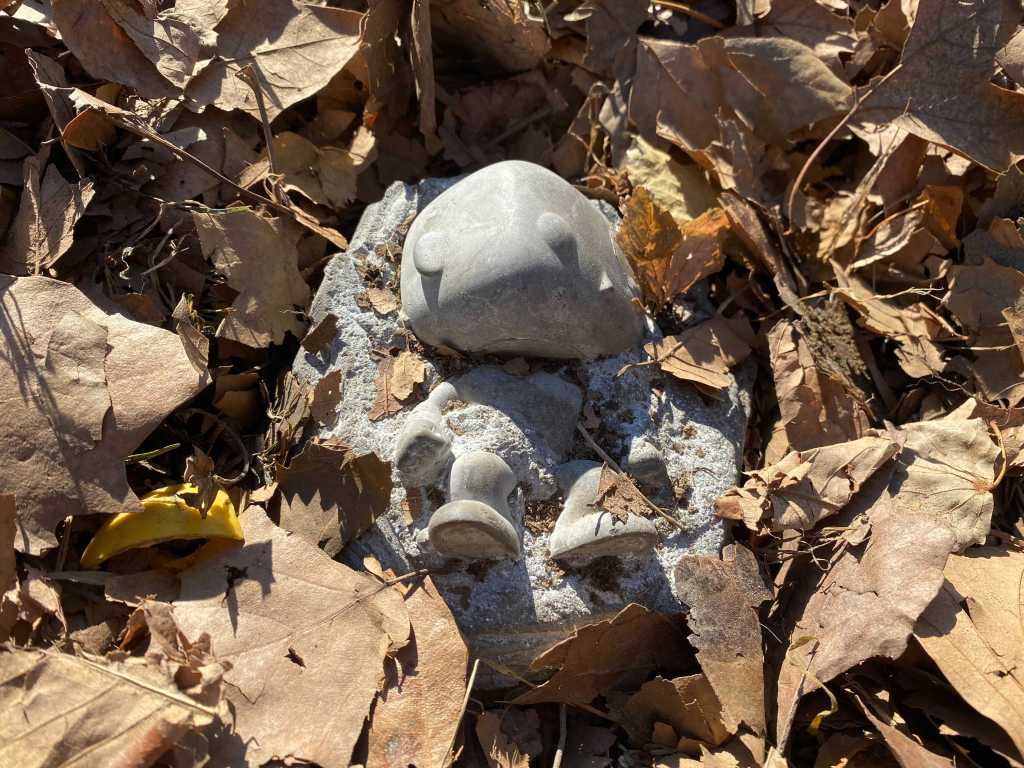There’s a small shop in Glodok’s electronics mall that’s literally a heaven on Earth. Hongky Limatra, or Koh Hongky to his friends, sells the colorful porcelain statues of Confucian, Buddhist, and Hindu gods you find in temples and household shrines.
Pasar Glodok is known for its electronics, but the mall’s first floor takes on a more religious bent, with numerous small shops like Koh Hongky’s selling a vast collection of holy statues. Koh Hongky’s shop is actually on the second floor, where it found a home between the stalls selling televisions, security cameras, and motherboard parts.
Videos by VICE

He’s a Taoist himself, but Koh Hongky told me that he gets an indescribable joy from helping people pray. He’s been selling religious statues for “dozens of years”—he can’t remember when he started—but this shop here in Pasar Glodok opened its doors in 2001.
“The most expensive statues are Shakyamuni Buddha from Buddhism and the Chi Kung God,” Koh Hongky explained. “The most popular ones are the Kwan Im Goddess and Tu Ti Pa Kung God, which is the Earth god, and Kwan Kong (Guan Yu) the Honest General (from the Tridharma religions).”
These statues are common in some Confucian, Buddhist, and Hindu households, but that doesn’t mean they’re easy to find. An estimated 87 percent of Indonesians are Muslim—although five other religions are recognized by the state—a fact that makes shops like Koh Hongky’s a destination for believers nationwide.

And sometimes these statues become a point of controversy. Local officials in Tuban, Central Java, recently covered a massive 30-meter-tall statue of Guan Yu, or Kwan Kong, with a sheet after protests from local Islamic groups. They called the statue a sign of “Chinese colonialism” and an affront to their own faith.
The whole thing made the 70-year-old Koh Hongky weep.
“Kwan Kong is an honest general,” Koh Hongky told us through the tears. “I hope the government handles this wisely. The statue didn’t violate any law and it was built inside the temple area.”
The incident was a reminder that although Confucian beliefs have a home in Indonesia, the country still has a ways to go before it can rid itself of this kind of religious intolerance.
“We have our own beliefs, we can’t force someone to believe a certain religion,” Koh Hongky said. “People should know the history of this honest general. It was a very painful and lingering event.”














